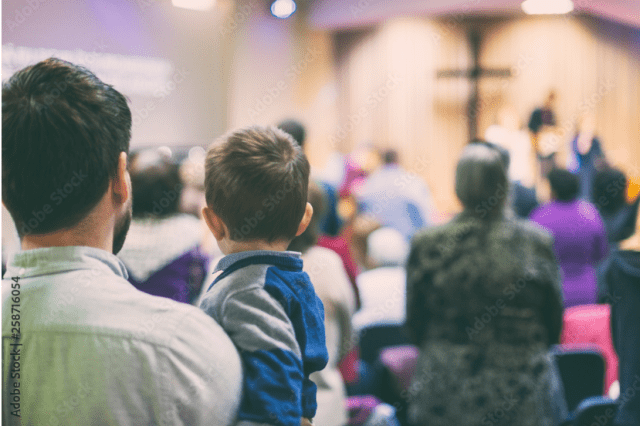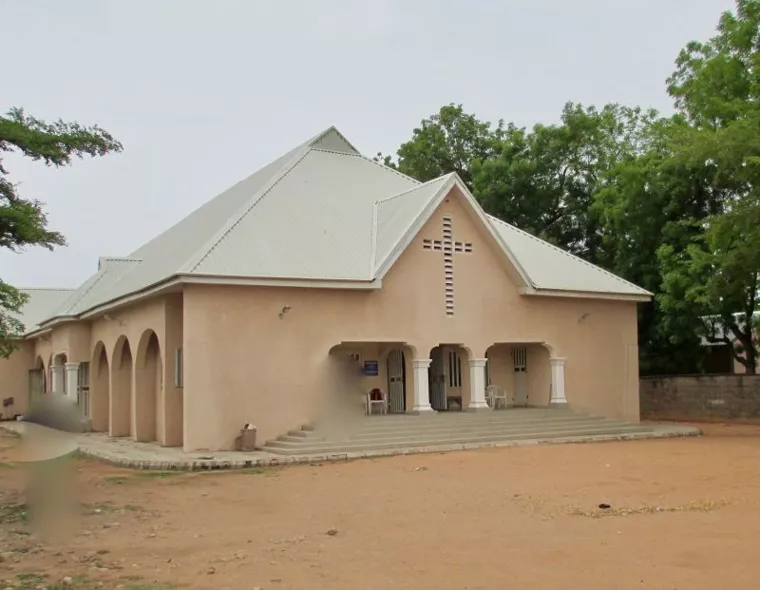The First Reconciliation: A Guide on What to Expect
The first reconciliation, also known as the sacrament of confession or penance, is a significant milestone in the spiritual journey of Catholic children. It is a sacrament of healing and forgiveness, where individuals confess their sins to a priest and receive absolution.
For many children and their families, the first reconciliation can be both a solemn and joyful occasion. But it can also be accompanied by feelings of apprehension and uncertainty.
In this guide, we’ll explore what to expect during the first reconciliation and offer tips for helping children navigate this important sacrament.
The First Reconciliation: A Guide on What to Expect
Preparation
Before the first reconciliation, children typically participate in a period of preparation through catechism classes or religious education programs. These preparation sessions help children understand the significance of the sacrament, reflect on their actions, and learn how to make a sincere confession.
Parents and caregivers can support this preparation by discussing the sacrament with their children and answering any questions they may have. Encourage them to approach the sacrament with an open heart and mind.
Examination of Conscience
As part of the preparation process, children are encouraged to engage in an examination of conscience, reflecting on their thoughts, words, and actions and identifying areas where they may have fallen short of God’s will.
This self-reflection helps children recognize their sins and prepares them to sincerely confess during the sacrament. Parents can assist their children in this process by providing guidance and encouragement. Help them identify areas for growth and reconciliation, and offer support and reassurance along the way.
The Sacrament of First Reconciliation
On the day of the first reconciliation, children typically gather with their peers and families in the church school to participate in the sacrament. The priest welcomes the children and explains the significance of the sacrament. He/she also emphasizes God’s love and mercy and the opportunity for forgiveness and healing.
Children then have the opportunity to confess their sins privately to the priest, who offers guidance, counsel, and absolution. Parents may accompany their children to the sacrament or wait outside the confessional. It depends on the child’s preference and comfort level.
What to Expect
During the first reconciliation, children may experience a range of emotions, including nervousness, apprehension, and relief. It is normal for children to feel anxious about confessing their sins or unsure about what to say to the priest.
Parents can reassure their children that the priest is there to offer support and guidance, not judgment. Remind them that the sacrament is an opportunity for spiritual growth and renewal.
Encourage children to approach the sacrament with honesty, humility, and contrition. Remember, God’s love and forgiveness are always available to those who seek them.
Christian Churches and Your Child’s First Communion
It’s well-known that baptism and communion go hand in hand in Christian churches. If your child is going to go through their first reconciliation soon, then you can use our tips to get them through it without much anxiety or fear.
Also, read through related articles on our website to stay informed on trending topics.















